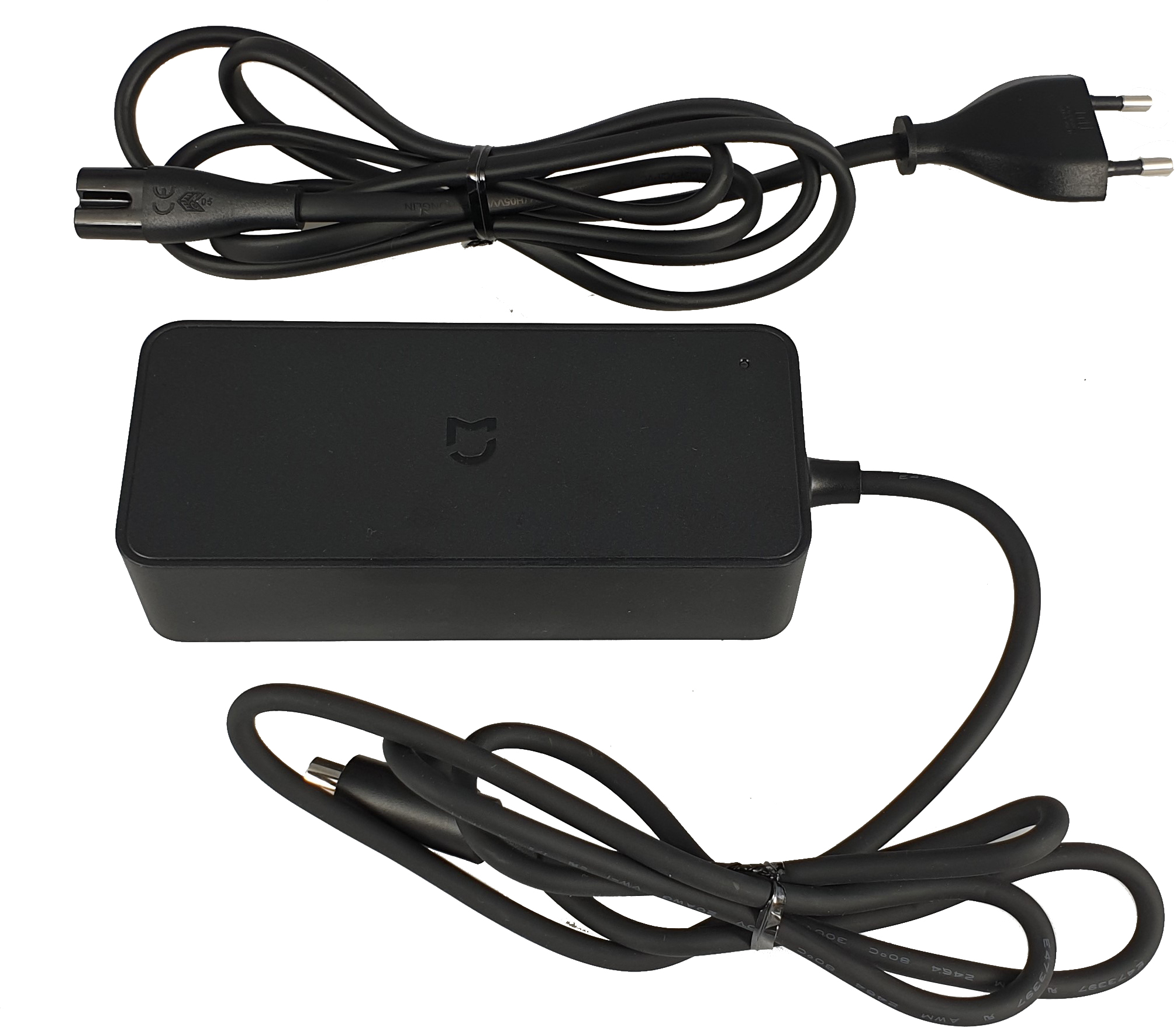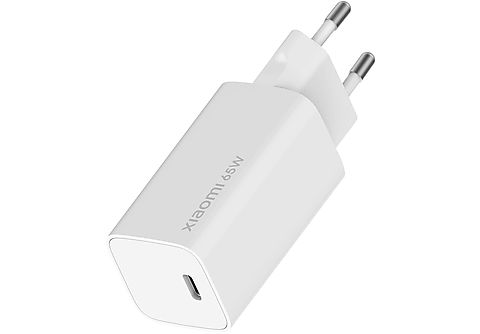
Cargador Xiaomi Fast Charge 2a Modelo Mdy-09-ew - Blanco con Ofertas en Carrefour | Ofertas Carrefour Online

Cargador de Pared 42V 2A reemplazo para Patinete eléctrico Xiaomi Mijia M365 , 3, 1S, Essential, Pro, Segway ES1, ES2, ES4 - The Outlet Tablet S.L.

Cargador Enchufe Xiaomi 2.1a Carga Rápida Original Xiaomi – Blanco con Ofertas en Carrefour | Ofertas Carrefour Online

Xiaomi-cargador rápido de 18W, adaptador de carga rápida QC3.0, cable tipo c para Mi 9 SE, 10T, Note 10 Lite, Poco X2, F2, X3, Redmi Note 9, 9 S, 8 Pro - AliExpress

Cargador para Xiaomi Mi Watch/Xiaomi Watch S1 Active Cable de Carga, Weideworld Cable de Carga USB, Daptador de Cargador Clip de Carga, 1M : Amazon.es: Electrónica

Cargador USB y Cable USB C para Xiaomi 11 Lite 5G Pad 5 6, 6A 33W Carga Rápida Cable USB a USB C 1M Adaptador Cargador Turbo Carga para Xiaomi Redmi Note

















